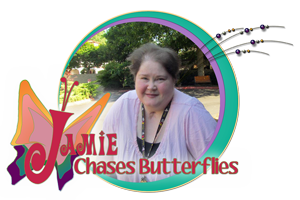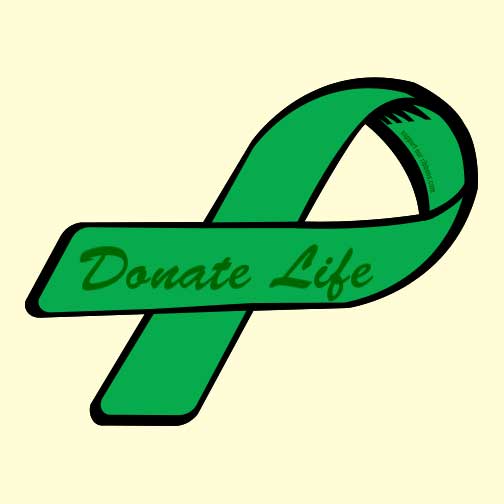April is National Donate Life Month. This is an important thing to me because in 1987 when my mom passed away we donated my mom’s body. 2 people received eyesight because of my mom. Someone got bone marrow that helped them heal because of my mom and because my mom had a rare tumor in her heart that we donated to science they learned from it and made some procedures that can help someone else. I plan on donating my body to science, especially my trachea. Soon after we donated my mother’s remains we received a couple of letters letting us know that her body helped many. This meant a lot to me as I grew up.
In case you didn’t know this one body can:
- Save 8 lives
- Restore sight to two people
- Heal 75 people with the bones, bone marrow, and skin tissue
- Allow researchers and doctors to learn about conditions to come up with better surgical procedures and medications to help someone in the future
Currently there are 100,000 people in the USA who are waiting for an organ. 20 of them die daily while they are waiting. This hurts my heart. This includes children, teenagers, women and men, boys and girls.
You don’t have to be dead to be an organ donor. There are living donations that can be made. 6,000 living donations take place yearly.
Here is what you can donate while you are alive:
- One kidney
- One to two lobes of your liver
- Part of your lung
- Part of your intestines
- Bones
- Bone marrow
- Umbilical cord blood
- Amnion (the innermost membrane that encloses an embryo)
- Blood
If you would like to be a living donor there are some things you need to know:
- You must be physically fit
- Be in good health
- You must be a non-smoker
- You must not have cancer, diabetes, high blood pressure, kidney disease, or heart disease
There are some risks for living donors to consider:
- There are a small percentage of recipients that have some problems maintaining life
- Disability could happen
- Medical insurance might not cover you because of the donation
- There are financial issues because you will be off of work for a bit
- Complications even death during the surgery
For me, I’m not able to be a living donor, but I am going to donate my body. I have no use for it after I am dead. I want to be able to help others who have the same illnesses I have to live better lives in the future. And I want my family to feel the way I felt after I received the letters stating how my mom’s body helped so many people. That meant a lot to me.
If you would like to donate your body whether living or dead here is how you do it:
- Register with your state donor registry
- Designate your choice on your Drivers license or ID card
- Tell your family
If you want to be a life giver but aren’t physically fit to do it. I know a lady who would love to help you reach your goal and cheer you on. Karen Clemenson from Wellness Works NW — give her a call!
Here are some links I would like to share with you:
- Deceased Donation & Whole Body Donation by The Living Bank Staff
- The Living Donation Process by U.S. Government Information on Organ Donation and Transplantation Staff
- National Observances and Celebrations by Donate Life America Staff
- Organ Donation: Five Things to Know by Seattle Children’s Hospital Staff
- Organ donation: Don’t let these myths confuse you by Mayo Clinic Staff
Related Articles
- Learning About COVID-19
- Learning About Colorectal Cancer
- Recovering After My Heart Attack
- National Eating Disorders Awareness Week 2020
- National Burn Awareness Week 2020
 Jamie Holloway is co-owner of Wellness Works NW and she is also our Research Manager and writes our Chasing Wellness with Jamie Holloway and Dear Jamie columns. Jamie is also an Independent Wellness Advocate at dōTERRA. She lives in the Portland, Oregon area. Since October 2011 she has been sharing her Journey Toward Health and Wellness with Vasculitis through her blog at JamieChasesButterflies.com. We hope you are as inspired as we are with the raw candor Jamie uses in her writing. If you would like to help support Jamie’s writing efforts please Donate now.
Jamie Holloway is co-owner of Wellness Works NW and she is also our Research Manager and writes our Chasing Wellness with Jamie Holloway and Dear Jamie columns. Jamie is also an Independent Wellness Advocate at dōTERRA. She lives in the Portland, Oregon area. Since October 2011 she has been sharing her Journey Toward Health and Wellness with Vasculitis through her blog at JamieChasesButterflies.com. We hope you are as inspired as we are with the raw candor Jamie uses in her writing. If you would like to help support Jamie’s writing efforts please Donate now.













